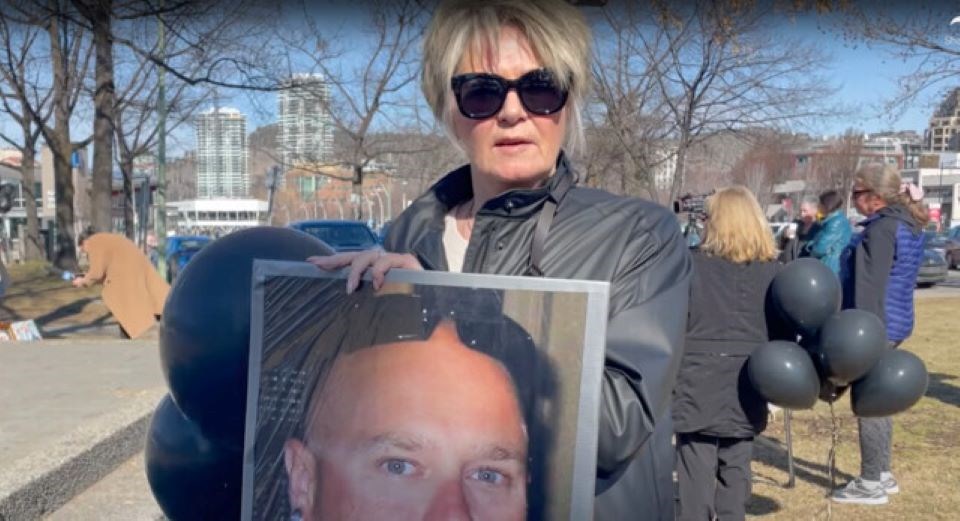"Shame on all of us that we declared a state of emergency, and 12,000 people have died, and we're still afraid to talk about it."
Helen Jennens is ready to have those conversations about drug use in our community out in the open. She and other members of Moms Stop The Harm will be at Starbucks locations across B.C. on Friday to mark the 7th anniversary of the province declaring the toxic drug public health emergency.
She says the stigma around drug use is still killing people.
"Still, the largest percentage of people that are dying are dying in their own homes," Jennens explains. "So, they're hiding their substance use due to stigma, shame, and fear and all that kind of stuff."
She says those are the people who won't go to a safe consumption site because they don't want to 'out themselves.' That's why it's so important to treat drug dependency as a health issue, not a criminal justice issue.
"This is why these conversations at Starbucks are so important. We're trying to normalize this so these people aren't always hiding and aren't always living in fear and shame.
"When you get a big corporation like Starbucks to come on board and say hey, we're in support of doing something about this crisis, and we don't agree with the number of deaths. What exactly is a state of emergency if 12,000 people can die afterward?"
Jennens points out that alcohol addiction and cigarette addiction can be deadly too, but those industries are regulated. She worries that when authorities make big drug busts like the one that was announced by Vancouver police on Monday, black market operators will fill the demand with more deadly alternatives.
"When you understand substance use and these people that are severely dependent and addicted to drugs, you get to understand that these people realize they have one foot in the grave and one foot on a banana peel," says Jennens, who lost two sons to toxic drugs.



